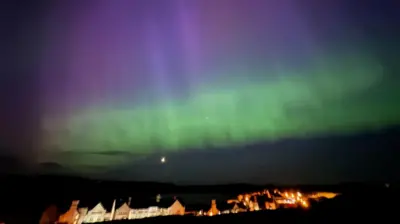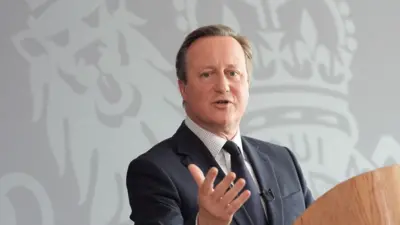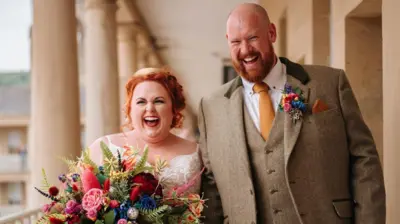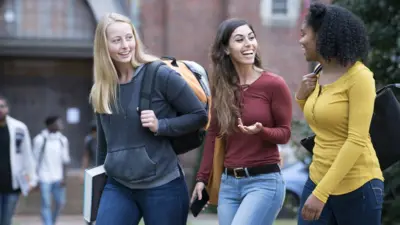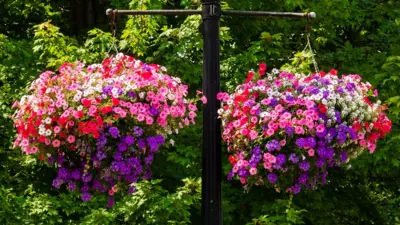We've updated our Privacy and Cookies Policy
We've made some important changes to our Privacy and Cookies Policy and we want you to know what this means for you and your data.
Coronavirus: Derbyshire to go into tier 3 after lockdown
Derby and Derbyshire will be subject to tier three restrictions after the national lockdown ends on 2 December, the government has announced.
The city and county were in tier two prior to the lockdown but will move to the highest alert level.
This means pubs and restaurants must close except for takeaways and delivery and mixing indoors is banned.
Derby currently has a seven-day infection rate of 268.6 per 100,000 people for the week up to 21 November.
Bolsover has the county's highest figure with 301.6, although that is down from 427 the week before.
The average for the whole of England is 208.7.
Talking specifically about Derby and Derbyshire, the government said in a ministerial statement: "There has been improvement in this area, but case rates remain very high at 275 per 100,000, and in those over 60 it is 220 per 100,000. The pressure on the local NHS remains high."
The area's new tier placing means they are eligible for rapid or "lateral flow" tests to help bring down infections.
The system will be regularly reviewed - with the first scheduled for 16 December.
Toby Perkins, Labour MP for Chesterfield, called his area being put into tier three "disastrous" and a "nightmare".
He tweeted: "Matt Hancock celebrating that mass testing has helped Liverpool drive down the R rate and move into tier two. Exactly. That is what every area should have had for months."
Mr Perkins added the suggestion in the House of Commons by Mr Hancock that the reason Cornwall, Isle of Wight and Suffolk have lower rates than the rest of England was because their residents have been more responsible was "deeply offensive".
High Peak MP Robert Largan said he was "disappointed" all of Derbyshire was in tier three, while fellow Conservative and Derby North MP Amanda Solloway said though tier three restrictions in the city were "not unexpected", they were required "to keep us all safe".
The county's director of public health Dean Wallace said: "We all want to celebrate Christmas safely so it is more important than ever that we all continue to do everything we can to protect our friends and family by sticking to the rules."
Derbyshire County Council leader Barry Lewis said he was "disappointed" at the decision to place the county in tier three.
Mr Lewis, along with other council leaders, wrote to the prime minister on Wednesday urging him to consider placing Derbyshire in tier two in order to protect the economy, especially the hospitality and tourism sectors.
Following the announcement, he tweeted: "Disappointed for our tourism, hospitality, retail sectors and others who will be economically impacted before Xmas.
"Epidemiology tells us we're in upper tier three and declining - in a few days we'd have been squarely tier two."
Image source, Barry Lewis
Image source, Getty Images
Analysis: Carol Hinds, BBC East Midlands Today
A week before the second national lockdown began, Derby and most of Derbyshire were in tier two.
This is why Health Secretary Matt Hancock said people will be disappointed to find themselves in the top tier of restrictions.
His explanation for the move is that there have been improvements in the area but infection rates remain high and this is putting pressure on the local NHS.
Pauline Latham, Conservative MP for Mid Derbyshire, had previously spoken out against the new rules.
Speaking in the House of Commons on Wednesday, she described the tier system as "illogical" and said it would lead to job losses.
Last week Derby City Council said it was in discussions with the government about Derby Arena being used as a mass vaccination centre.
Follow BBC East Midlands on Facebook, Twitter, or Instagram. Send your story ideas to eastmidsnews@bbc.co.uk.
Top Stories
Features & Analysis
Most read
Content is not available
